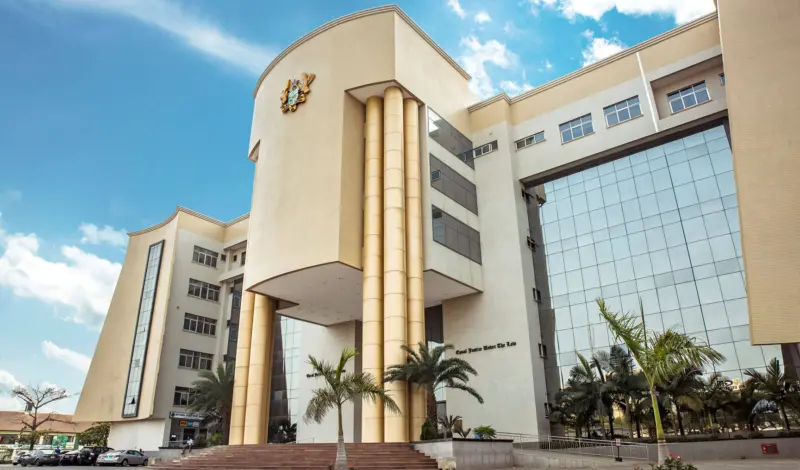In the pursuit of modernizing its judiciary, Ghana has embarked on an expedition into the largely uncharted territories of eJustice—an ambitious initiative aimed at integrating digital technologies into the legal system. However, like any daring adventure into the unknown, this journey is fraught with challenges that test the limits of both technology and human adaptability.
Accessibility Constraints
At first glance, the transition towards an eJustice system, characterized by e-filings and e-hearings, seems like a stride towards modernization designed to simplify legal processes. Yet, this digital leap is not as free from old shackles as one might expect. Despite the digital nature of e-filing, clerks, who are the backbone of file management in courts, often encounter network jams that hinder file access. Ironically, this network is only accessible within the confines of the court complex, tethering them to physical locations much like the old manual system. This paradox—where digital solutions are supposed to offer freedom but instead mirror the constraints of traditional methods—highlights a fundamental flaw in the system’s architecture.
Inefficiencies of Virtual Hearings
The initiative to create platforms for virtual hearings during legal vacations was a bold move intended to keep the wheels of justice turning. However, the reality is a digital infrastructure that is more of a hindrance than a help. Frequent technological failures not only slow down proceedings but also fray the nerves of those involved, turning what should be a streamlined process into a test of patience and resilience.
Adaptation Challenges for Legal Professionals
The transition has also exposed a generational divide within the judiciary. Many judges and lawyers, steeped in decades of traditional practice, find themselves at sea with the new systems. The lack of adequate orientation and training creates a steep learning curve, and the old guard’s struggle to adapt is a poignant reminder of the tension between age-old legal traditions and the demands of modern technology.
Unreliability with Utilities
Moreover, the reliability of the eJustice system is mercilessly at the mercy of Ghana’s broader infrastructural challenges. Internet and electricity outages, common across the country, can abruptly halt court proceedings, undermining the reliability and effectiveness of digital hearings. This exposes a glaring vulnerability in the system, where the very tools meant to facilitate justice become its impediments.
Disparities in System Implementation
Perhaps the most glaring issue is the disparity in the implementation of the eJustice system across different levels of the judiciary. While the higher courts bask in the advancements of digital processes, the lower courts remain mired in more traditional methods. This creates not just a procedural disconnect but a divide that questions the equity of access to justice. It’s as if the judicial system is speaking in two different tongues, one of modernity and the other of tradition, leading to a discordant symphony that fails to deliver a coherent narrative of justice.
The implementation of eJustice in Ghana is a narrative of contrast—between innovation and tradition, accessibility and restriction, efficiency and obstruction. It underscores the uncomfortable truth that with great innovation comes great challenges. To navigate this terrain successfully requires not just technological upgrades but a holistic approach that addresses the infrastructural deficiencies, provides comprehensive training, and bridges the gap between the different tiers of the judiciary.
This journey of transformation is uncomfortable, indeed, but necessary. For in this discomfort lies the promise of a judicial system that leverages technology not just to replicate traditional practices, but to transcend them, ensuring justice is both accessible and efficient. As Ghana continues to forge ahead, the lessons learned will serve as guideposts for other nations navigating their own paths toward judicial modernization. In the end, the success of eJustice will not be measured by the sophistication of the technology employed, but by its ability to deliver fair and timely justice to all, regardless of status or station.






